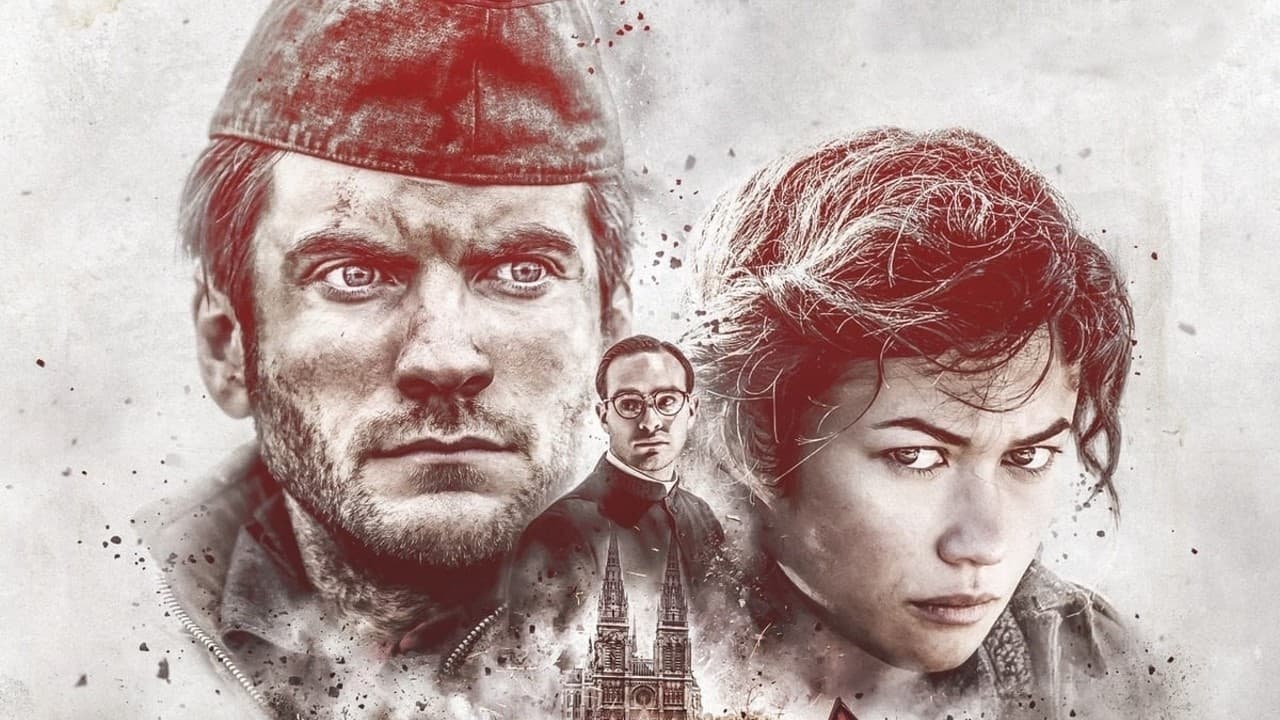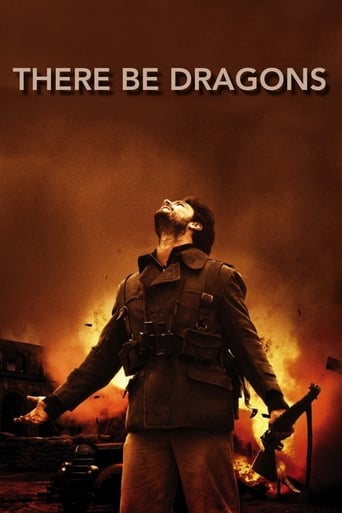

There are reviews in IMDb that praise this movie. I don't know by what standard they measure movie making, but I would have to say that this movie is one of the worst movies I have seen in a long time. Lets take the music. It soars, but in all the wrong places. It emotes, with all the wrong signals. It is woefully inappropriate. It is so full of choral voices that I truly have to believe that the composer and arranger were reading a different script or watching different rushes when they wrote the score. Lets take the script. It is full of utterly trivial dialogue. There just isn't very much that I can say other than it is horrendous. The cinematography is not bad. The DOP did a fine job. The acting. Why is it that we haven't seen the lead actors in other movies? Could it be that when they put footage from this movie in their show reels they were automatically dropped out of contention? Good looking actors with poor scripting, and worse storyline. You have to sympathise with them.... really. So what on earth were people like Charles Dance and Geraldine Chaplin doing in this movie? You would have to believe that they owed the director or the producer a favour. I can't believe that they could need the money that badly! So do yourself a favour and return the DVD to your local store before you waste the time to put it in your DVD drive....
... View MoreRealistically, this is two movies. One about the writer and his father. One about Opus Dei. The two stories are related by the thinnest of threads and the relation doesn't actually need to be there at all.I think the story about father and son, Monolo and Robert, would have been worth pursuing in more depth. The reason behind their rift is only alluded to and not explored terribly well, and their spontaneous reconciliation at the end felt forced. Deus ex machina. Perhaps a bit literally.Meanwhile, the story about Josemaria Escriva -- I can't understand why Joffe didn't show him walking on water as he did just about everything else. I found that this felt like a really nice public relations piece for Opus Dei. I guess the Church and Joffe felt they'd taken enough hits from Dan Brown and needed some positive spin.
... View MoreThe whole film is centered on the figure of the founder of Opus Dei, Josemaría Escrivá. Escrivá, who was made a saint by Pope John Paul II, in the film is a stereotyped figure, depicted without defects or excesses, always merciful, sympathetic, forgiving, charitable, in a word, unbelievable: in reality Escrivá supported Franco and Pinochet, and Bishop Vladimir Felzmann affirmed that he heard Escrivá to say indulgent sentences about Hitler. This is only a total propaganda movie for Opus Dei, disguised as a drama. Certainly, the director is a great professional, and the film in itself, I mean as a product, is well done. But the uncritical script is so absolutely, heavily, blindly hagiographic that at the end I was completely disgusted.
... View MoreI have read many terrible reviews of this film and expected something bland and convoluted, but after a few minutes, the visuals and storytelling really drew me in. Yes, some parts of the dialog are quite cheesy or too obvious, and the combination of the stories of Manolo and Josemaria is far from perfect. But Joffé is a very visual filmmaker, and so he was able to achieve with his beautiful images (kudos to Gabriel Beristain for his stunning visuals!) what he wasn't perfectly able to do with his dialog: to impress and inspire.It was especially interesting how delicately and plausibly Joffé handled many real-life events from St Josemaria's life - scenes that could have gone terribly wrong in less expert hands. He also payed a lot of attention to visual detail - for example, in the end titles, the photos of the actors that portrayed real-life people are combined with real photos of these people.The less interesting storyline was that of Manolo, though the final revelations were nevertheless disturbing enough. (At the same time, the movie has an astonishing lack of both gore and even the slightest touch of sensuality in it - surprising for a film about war and a destructive passion... They probably didn't want to lose the PG-13 rating, did they? ;-))I guess, it's a movie for open-minded people with a taste for old-school movie-making, grand drama and big moral questions.
... View More